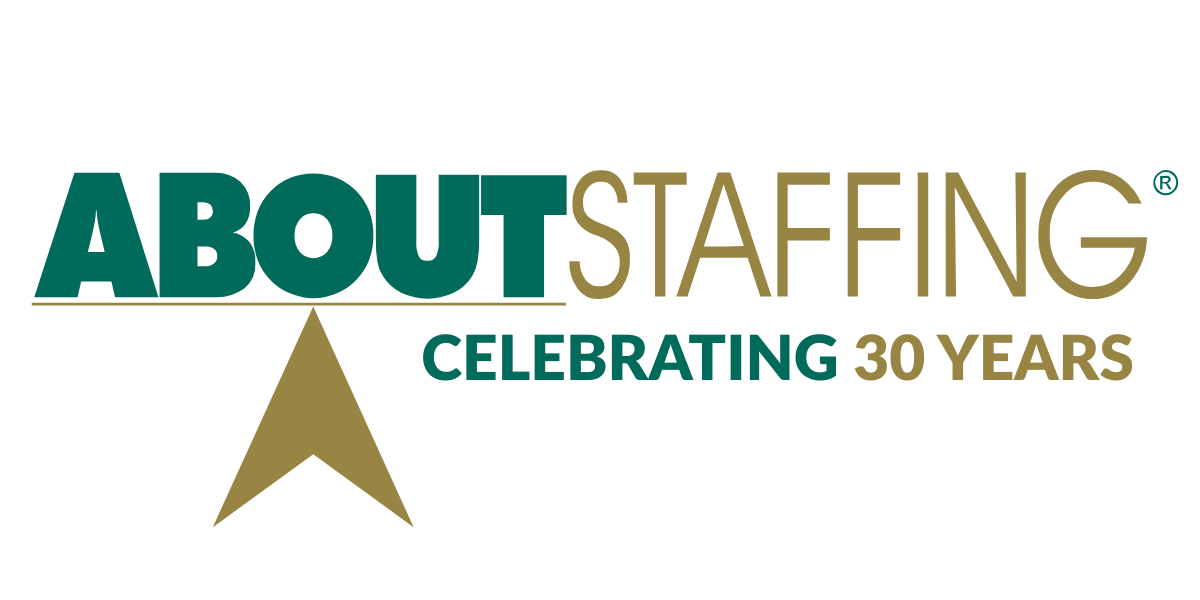How to Interview Candidates
If you are beginning the hiring process for new employees, you will want to start out by conducting a round of interviews so that you can find the perfect fit. By asking the right questions, you can get down to the nitty-gritty and also learn more about the candidate’s strengths, weaknesses, and how they work– all of which is pertinent information when you are making hiring decisions! Take a look at the questions that we’ve rounded up below, all of which are great for using during a preliminary interview and narrowing down your job candidates to find the right person.
Can You Tell Me About Your Current Job?
Asking about their current role can unearth a wealth of information! It can possibly help you to determine why they are dissatisfied and looking elsewhere, but it can also help you to learn more about their current job responsibilities and their qualifications. Learning about what they do in the day-to-day of their current job may help to inform you on whether or not they would be a good fit for the position that you are looking to fill. You can gain some additional insights on their background that you would not be able to glean from the resume.
What Do You Know About Our Company, and Why Do You Want to Work Here?
This question is a great way to find out the extent of the research that the interviewee has done on the company and the job position. It shows initiative, and can also be reflective of their work ethic if hired. Especially since the internet makes information so accessible these days, the candidate should have some background and understanding of your company prior to sitting down for an interview. This doesn’t mean they have to know all the specific details of the company but a basic understanding of company culture can get you both on the same page.
What Skills and Strengths Can You Bring to This Position?
If you ask about how their knowledge and skills apply to the job position in question, you will be able to determine whether or not they put thought into the application or, instead, if they simply applied blindly. It is important that candidates show that they considered how they can fit the needs of the job and of the company. After all, if they can’t, being hired for the position would not benefit them, either– rather, it would be setting both the employer and the employee up for failure.
Do You Work Best Alone or on a Team?
This question helps to determine a candidate’s working style. In turn, this is important in determining if they are a good fit for the position, based on the job’s requirements. For instance, if it is a collaborative position but the candidate prefers to work alone, they may not be a good fit for the job. This is important in considering the kinds of responsibilities that you will be expecting from the applicant if hired.
Can You Tell Me About When You Had a Disagreement with Your Team?
This is a great example of behavioral based questions. If you ask about past conflicts in the workplace, you can learn about the interviewee’s people skills and how they handle such situations. After all, it is rare that a work environment is completely conflict-free. You will want someone on your team that is able to manage conflict and express themselves and their needs in a respectful and mature way. Behavioral questions will help you to measure a job candidate’s emotional capacity and intelligence, which is crucial for any job.
How Would Your Coworkers Describe You?
By asking how your interviewee’s peers would describe them, you are essentially exploring the candidate’s soft skills and people skills. It can give you some insight into how they act when part of a team, and how they would integrate into the existing team framework at your company. Additionally, it is fairly telling if they think that their coworkers would paint them in a negative light!
How Would Your Boss Describe You?
This question is similar to the above, but takes a slightly different approach and will yield different or additional insights to your candidate. Rather than showing how the individual acts and meshes with his or her peers, this will help to show you how they interact with previous employers or others who are in supervisory roles. Of course, the interviewee’s personal opinion may unintentionally skew the truth, so make sure that you are not using this question as an excuse to not check their references!
Where Do You See Yourself in 5 Years?
This is another question that shows your candidate’s foresight. It can also help you determine if your goals for their role or for the company align with their own goals. You will want to select someone who has these goals because it shows that they have the drive and are more valuable. Use this question to determine which candidates have an interest in career advancement and further opportunities because they are valuable and will stick with you and the company longer than other candidates. This will also give you an idea of the career goals of the prospective employee and how well they align with the company’s goals.
How Do You Handle Deadlines?
In most jobs, employees will have to deal with multiple deadlines and have certain deliverables that must be completed by certain dates or times. Due to this, the question of how they handle deadlines is very pertinent. The answer that is given to this question will help you to figure out if the candidate can keep up with the workload and schedule of the position that they are interviewing for, and will also show you how they handle stress and manage their time while on the job.
What’s the Most Interesting Project You Worked On In Your Past Position?
This question does not necessarily tell you whether or not your candidate would be a good fit for the job based on their skills, but it is a way for you to see if they would be a good fit for the job based on their interests. If this answer aligns with some of the projects or job responsibilities at your company, it is likely that the candidate would enjoy what they are doing in their new role as well. After all, if your employees are satisfied with the work that they are doing, you will have greater retention.
In Your Most Recent Role, Was There a Time You Had to Overcome a Tough Challenge?
Situational questions that require an example are great for interviews because they give you a real-world example of how your candidate would do their job if you were to hire them. This particular question will help you to see how they would work under pressure and if they have the tools and coping mechanisms to deal with the challenges that might arise in this new position. It will also help you to measure their analytical skills and their critical thinking. Take notice of how they responded to the situation, for instance, whether they panicked or struggled, or made an action plan to solve the issue.
Do You Have Any Questions For Me?
You should always ask each candidate if they have any questions for you. This question can not only help the interviewee by getting their questions answered, but it may be able to help you determine some of their priorities. In addition, this will show you whether or not they have been paying attention during the interview, and can help demonstrate if they are able to think quickly on their feet, how they process information, and their communication skills.
Frequently Asked Questions
How do you start interviewing a candidate?
When you begin the interview process, you should first have your candidate tell you about themselves and their past experience or transferable knowledge. An open ended question can be a great conversation starter right out of the gate and will make your candidate comfortable with the conversation. You should be sure that you are taking notes and asking relevant follow-up questions to learn additional details as well. This will help set up the final stage of the interview where you will find your ideal candidate.
What are the top 5 questions to ask an interviewee?
There are many great questions to ask a potential candidate that will help you learn not only about them but about how they will be fit at the company or within the existing team. Some of the top 5 questions for a job interview are:
- What career accomplishments make you the proudest?
- Why do you want to work here?
- What made you apply for this particular position?
- What are some of the strengths you can bring to the job?
- What are some of your weaknesses?
What are some good interview questions to ask a candidate?
You should focus on asking interview questions that pertain to the job description or to the individual’s knowledge and skills. Some good questions to ask include:
- What could you contribute to your job to make us more successful?
- Why do you think you would be a good fit for this position?
- What do you know about our company, and why do you want to work here?
- What are some of your weaknesses?
- How do you prefer to work– independently or on a team?
What is the most effective method for interviewing candidates?
While there are many methods and styles of interviewing potential employees, there are definitely some that are more effective than others. The best way to interview is to conduct a structured interview, rather than a conversational interview, for instance. This is because a structured interview is more effective at predicting a candidate’s future job performance. A structured interview will also allow you to better compare candidates and assess each candidate’s skills fairly as they are all asked the same questions.
At the end of the day, it is almost impossible to make a hiring decision after one interview. These other interview styles exist to help support one another in finding the perfect new hire.
Besides information relating to the job description, what should I pay attention to?
When interviewing job candidates there is a lot to take in especially if you are only in the first round. A panel interview can make this process easier but if you are alone here are some areas to focus on and take notes.
- Salary Expectations (value is what you should focus on not the amount)
- Professional Development (willingness to learn)
- Career Goals (do they align)
- Professional Experience (does it meet requirments)
- Conversational Skills (are they a good listener and communicator)
- Greatest Weakness (is it a problem for the position)
- Any Red Flags that stand out to you (make note and address them as you see fit)
- Be aware of your biases.

